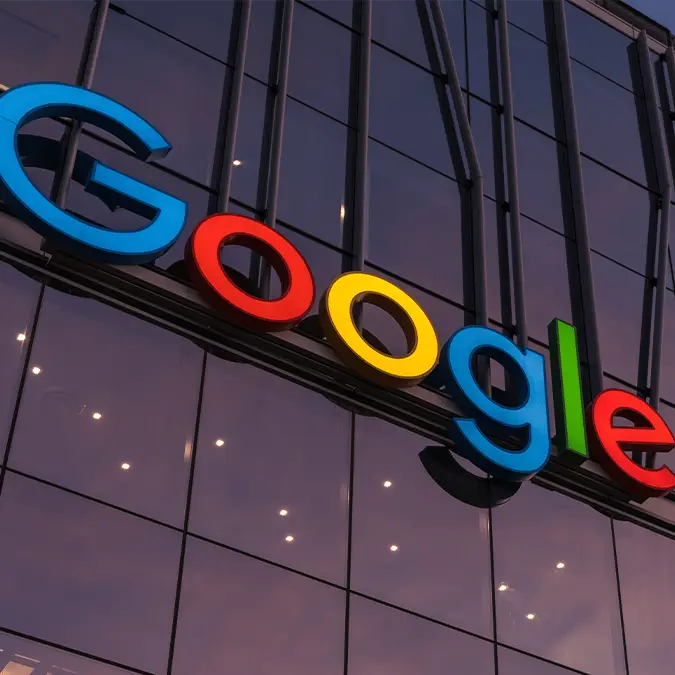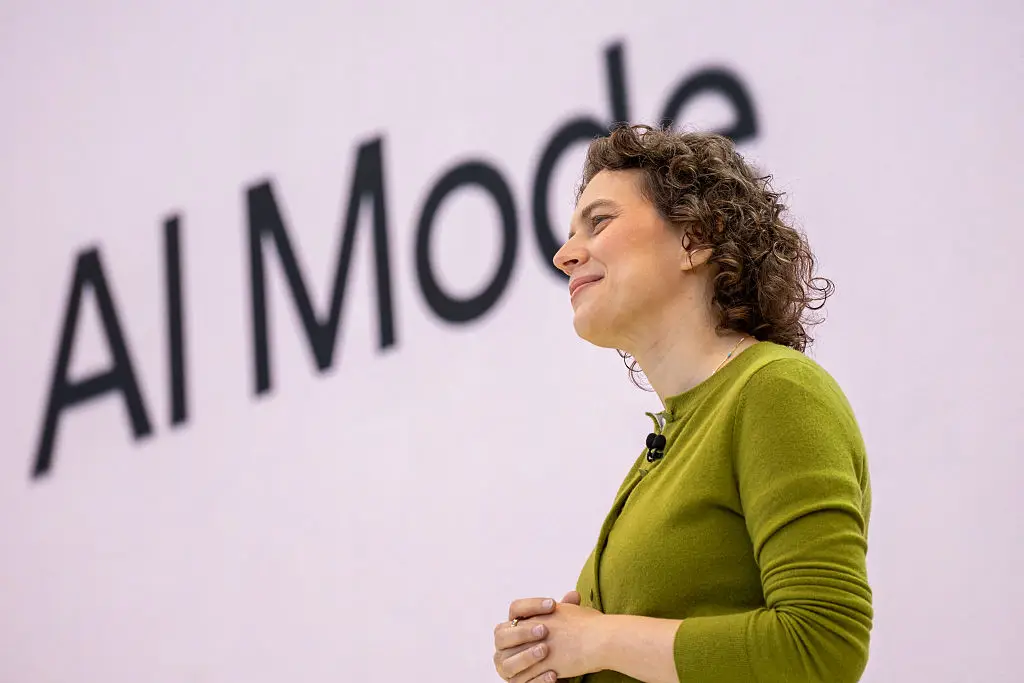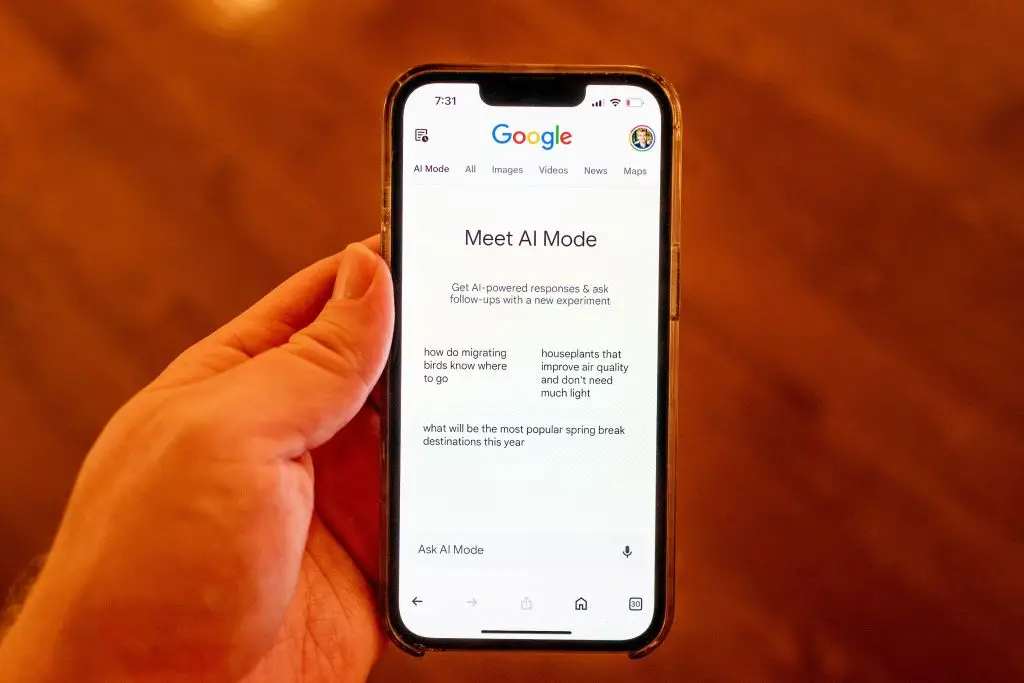
Google's recent moves could have a devastating effect on the future of the internet according to key experts, creating a potential wasteland that would end up being the end of the web as we know it right now.
For nearly three decades the internet experience has been largely driven by search engines, with Google at the heart of it all. As reported by the BBC, right now around 68% of the internet's total activity starts on search engines, with around 90% of that occurring through Google.
If you ever want to know anything then you're almost always going to type your query or destination into a search hub, and it will then direct you to a website that best serves your request.
This experience is beneficial for both sides of the transaction, as Google gets search traffic and persistent ad space, whereas the publishers and websites have the best form of discoverability you can find, resulting in clicks sent their way.
Advert
However, with a heavy emphasis on AI initiatives at both Google and the wider tech industry, many are speculating that an 'apocalypse for websites' could be on the horizon, with the potential to destroy the web as a whole.
What are Google's new AI features?
Google's wider artificial intelligence efforts are directed towards its 'Gemini' large language model, which operates in a similar way to rivals like ChatGPT and Microsoft's Copilot, but the company's search division is integrating AI in a particularly significant way.
It has been over a year since Google first launched what it calls 'AI Overviews', which you'll likely have noticed at the top of the results whenever you've entered a query into the search engine.
These offer a generated summary of the top results, supposedly pulling from the highest ranking websites and 'best' answers to provide users with what they're looking for without needing to ever click on a website.
This is beneficial for Google as it (theoretically) enhances the user experience by providing faster results with greater detail, but also that it keeps searchers inside the search ecosystem, stopping them from navigating away from the Google page.

While that has proven to be a controversial addition with many looking for ways to completely block AI Overviews from their searches, Google has decided to push ahead with a new feature that drives even further into the AI tunnel.
"For those who want an end-to-end AI Search experience, we are introducing an all-new AI Mode," Google CEO Sundar Pichai explained at the recent annual developer conference, adding that this new mode is "a total reimagining of Search."
Instead of providing you with websites like a traditional search engine, Google's AI Mode acts more like a chatbot by creating a bespoke article-like response to your question, and it has already rolled out to users across the United States.
Liz Reid, head of Search at Google, claimed that AI Mode "is the future of Google Search," so it's clear the company sees it as both a key development priority and the primary direction of travel, supported by statements from Apple that support AI replacing the traditional search engine experience.
How could Google's AI features destroy the internet?
Google's AI Overviews and AI Mode might theoretically seem like a net positive for users who want answers to their queries as quick as possible, the departure from driving users to websites could, and already has, had a catastrophic impact.
The aforementioned mutually beneficial transaction between Google and websites is not as balanced as it once was, and will become completely lopsided if Google's dream of AI Mode becomes the primary way people use Search in the future.
AI Mode (and AI Overviews by proxy) take the content directly from websites and display it to the user, meaning that the site itself doesn't get the click and subsequent ad revenue that they would have once had.

This causes a major drop in ad revenue as site visits tank, and many sites are then forced to close as they can't pay writers and server costs. When this happens, something like AI Mode then has no new content to draw from, resulting in a web wasteland of sorts.
Lily Ray, vice president of search engine optimization strategy and research at Amsive, reveals: "If Google makes AI Mode the default in its current form, it's going to have a devastating impact on the internet.
"It will severely cut into the main source of revenue for most publishers and it will deincentivise content creators who rely on organic search traffic, which is millions of websites, maybe more. Google holds all the power."
Google has rebuked these claims, illustrating that AI powered Search "expand[s] the types of questions people can ask, which creates new opportunities for content to be discovered," but it remains unclear quite how the tech giant aims to provide a financial incentive for this content to be created.
